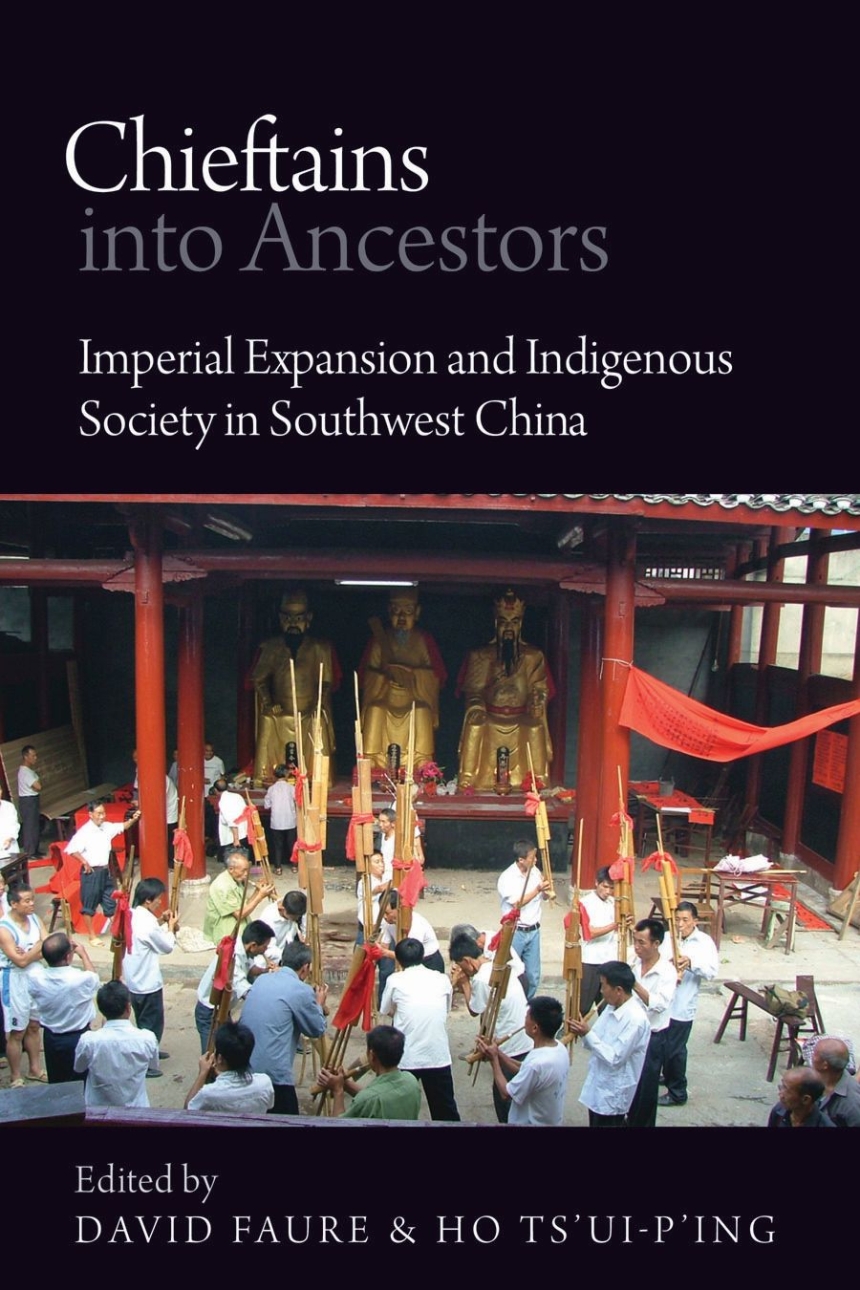University of British Columbia Press
Chieftains into Ancestors
Imperial Expansion and Indigenous Society in Southwest China
Distributed for University of British Columbia Press
Chieftains into Ancestors
Imperial Expansion and Indigenous Society in Southwest China
Official Chinese history has always been written from a centrist viewpoint. Chieftains into Ancestors describes the intersection of imperial administration and chieftain-dominated local culture in the culturally diverse southwestern region of China. Contemplating the rhetorical question of how one can begin to rewrite the story of a conquered people whose past was never transcribed in the first place, the authors combine anthropological fieldwork with historical textual analysis to build a new regional history – one that recognizes the ethnic, religious, and gendered transformations that took place in China’s nation-building process.
Table of Contents
Introduction / David Faure
1 Reciting the Words as Doing the Rite: Language Ideology and Its Social Consequences in the Hmong’s Qhuab Kev (Showing the Way) / Huang Shu-li
2 Chief, God, or National Hero? Representing Nong Zhigao in Chinese Ethnic Minority Society / Kao Ya-ning
3 The Venerable Flying Mountain: Patron Deity on the Border of Hunan and Guizhou / Zhang Yingqiang
4 Surviving Conquest in Dali: Chiefs, Deities, and Ancestors / Lian Ruizhi
5 From Woman’s Fertility to Masculine Authority: The Story of the White Emperor Heavenly Kings in Western Hunan / Xie Xiaohui
6 The Past Tells It Differently: The Myth of Native Subjugation in the Creation of Lineage Society in South China / He Xi
7 The Tusi That Never Was: Find an Ancestor, Connect to the State / David Faure
8 The Wancheng Native Officialdom: Social Production and Social Reproduction / James Wilkerson
9 Gendering Ritual Community across the Chinese Southwest Borderland / Ho Ts’ui-p’ing
Contributors
Index

